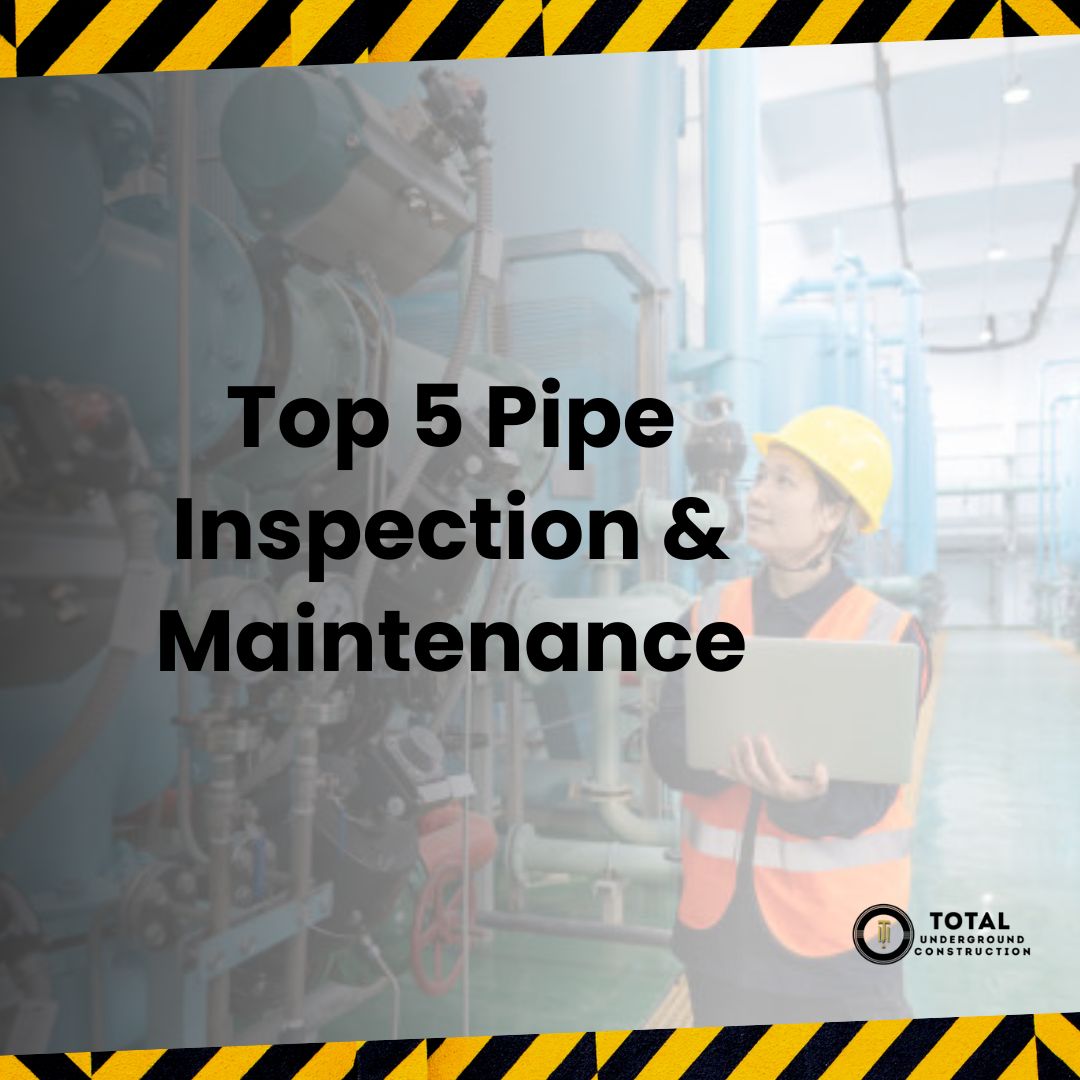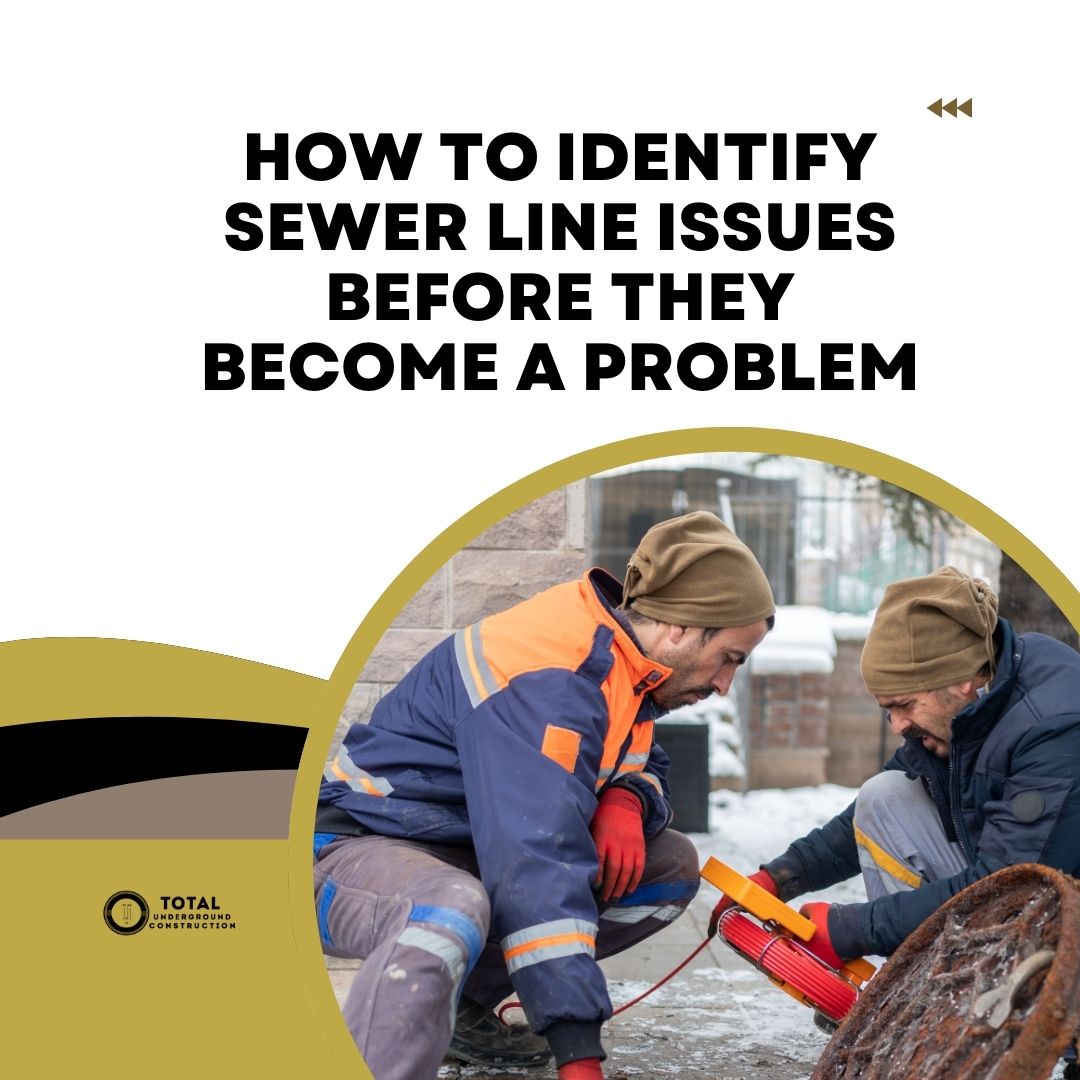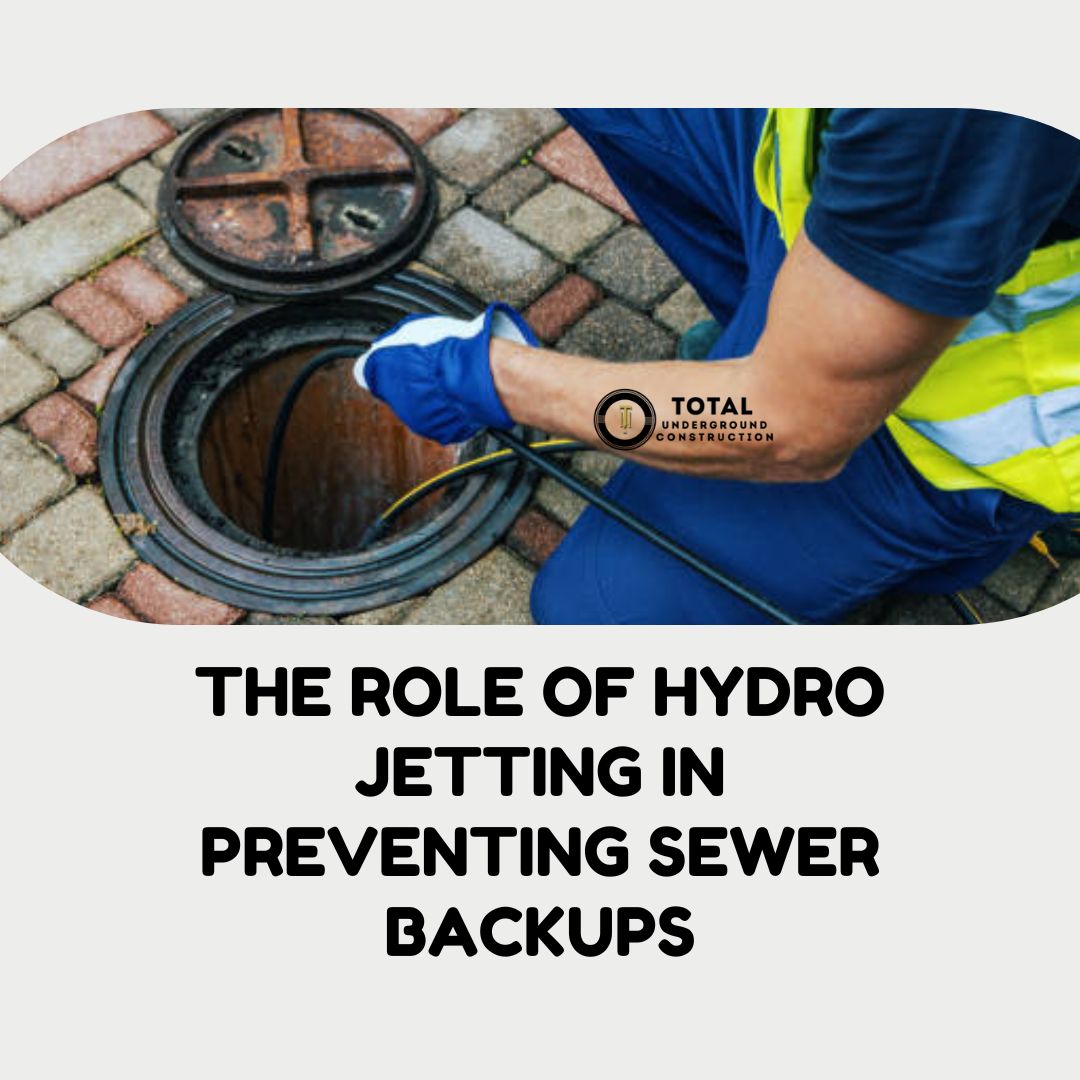Plumbing emergencies are almost certain for all homeowners. It is never a matter of if but when they occur. Plumbing emergencies are the most common problems in the US. Statistics from Home Insurance show water and sewerage damage from plumbing systems are a leading cause for claims. Furthermore, the most expensive plumbing emergencies typically involve water damage.
Prevention is always good, but preparedness is necessary in case the inevitable happens. It can save you from significant property damage and expenses before certified plumbers take over. Here are practical tips to handle plumbing emergencies and prevention strategies to tame this problem.
Immediate Steps to Take in a Plumbing Emergency
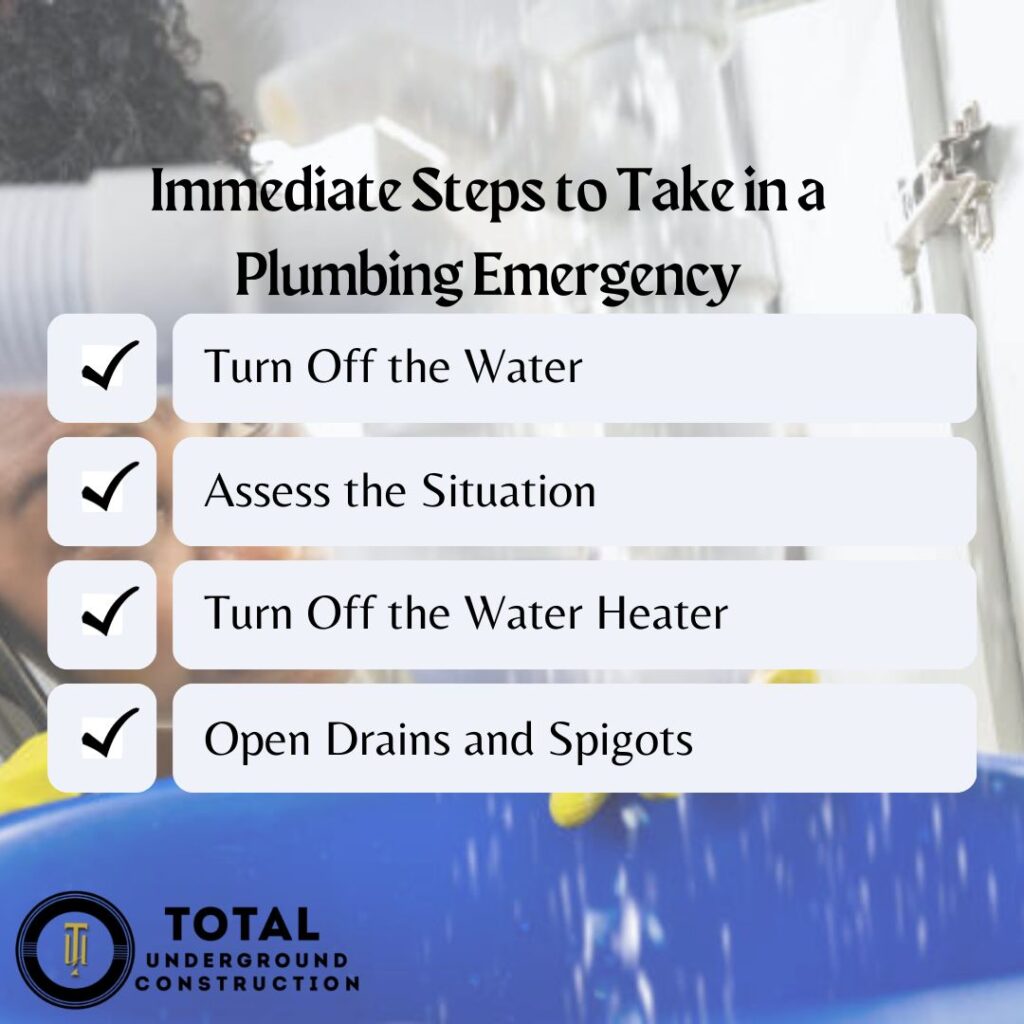
1. Turn Off the Water
Water is at the center of your plumbing emergency. So, reducing its volume inside your pipes is a smart move. Shut off the main water valve at the water meter or where the main water line enters your house to stop further damage and flooding.
2. Assess the Situation
Look for signs to determine the cause before calling a professional. It will help you explain the situation and find a quick solution. Do you hear weird sounds inside the pipes? Was the water color odd? Is it a case of low water pressure, slow draining, horrible smells from the drain, or constant dripping? The signs also help you determine the problem source.
3. Turn Off the Water Heater
If the source of your plumbing issue is the water heater system, turn it off to prevent overheating, scalding injuries, and further water damage. Switch off the breaker at the panel if you have an electric unit, or turn off the gas supply valve for a gas water system. If possible, drain the water heater.
4. Open Drains and Spigots
While shutting off the main water valve reduces the water volume inside your pipes, there is still some water in the pipes. Open the outdoor spigots at your home to drain the residual water to minimize damage, prevent freezing, and allow for safe repairs.
Tips to Prevent Common Plumbing Emergencies
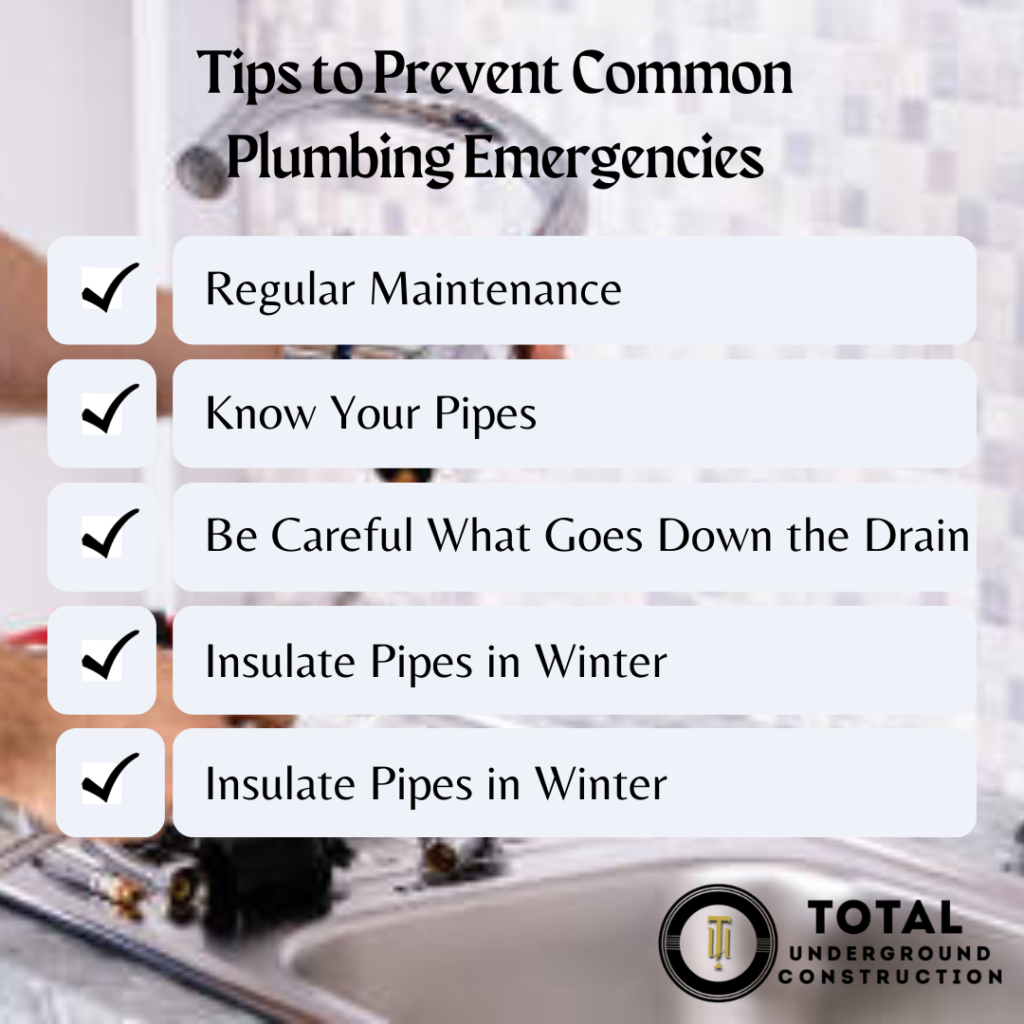
1. Regular Maintenance
Routine inspections and maintenance are the sole means of detecting potential plumbing issues early and taking steps to mitigate them. Technicians look for signs of wear, corrosion, obstructions, buildup, or leakage and fix them before they become full-blown emergencies.
They also perform tests to ascertain the efficiency of your plumbing system, ensuring you have problem-free water and sewer ways. Regular checkups are also cost-effective compared to financing an unexpected plumbing emergency.
2. Know Your Pipes
Awareness of the types of pipes in your home allows you to anticipate potential issues. Older homes equipped with galvanized pipes are highly susceptible to corrosion and leaks.
Copper pipes are the most corrosion-resistant. The pipes form a protective layer of patina over time that helps to prevent further corrosion. They are also resistant to a wide range of chemicals and minerals found in water.
Cross-linked polyethylene (PEX) pipes are corrosion-resistant but susceptible to chlorine-induced stress cracking. On the other hand, polyvinyl chloride (PVC) pipes are the least corrosion-resistant in modern houses and react to chemicals, minerals, and UV degradation.
3. Be Careful What Goes Down the Drain
Avoid disposing of grease, oils, and certain foods down your kitchen drain. They solidify and grow over time, clogging the drains. Decomposing foods also attracts flies and vermin, creating health hazards in your kitchen. Only dispose of toilet paper in the toilet. Never use wipes, even flushable wipes.
4. Insulate Pipes in Winter
Plumbing emergencies can occur anytime, but they are more likely to happen during the winter and summer. Water freezes in pipes during the cold season. The resulting ice expands, exerting a lot of pressure on your pipes and causing them to crack or burst.
In the hot months, pipes expand and contract as temperatures fluctuate, making them susceptible to cracks. Insulation keeps pipes warm during winter, preventing frost formation, and cool during summer, preventing bursting. It also conserves energy by reducing heat escape through the pipes in the cooler months.
5. Invest in Quality Fixtures and Repairs
Avoid skimping on quality in plumbing fixtures or repairs. Higher-quality materials are cost-effective in the long run. They are long-lasting and prevent potential emergencies in the future.
When to Call a Professional
Preventative tips and implementing practical actions during an emergency is vital, but having a professional plumber on your speed dial is equally essential. All these tips help you hold your fort until a certified plumber can assess, diagnose, and fix the problem. Never rely on your DIY solutions long-term. Call a plumber as soon as you are aware of the problem.
Get Proactive About Your Plumbing System
Knowledge to handle and prevent common plumbing emergencies is crucial for homeowners. However, while these tips guide the initial response phase, they do not rectify the underlying issues. Always call a professional plumber. Stay prepared and embrace regular maintenance to protect your home and wallet from unforeseen plumbing emergencies.

